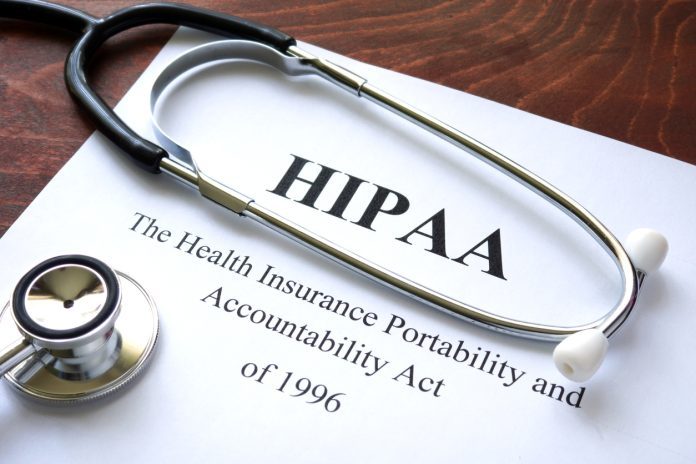Most of us in healthcare are familiar with the term HIPAA as it affects us in everyday practice. For those that are reading that don’t, this quick summary is to provide an overview if you ever heard of the term and are looking for a concise explanation that is more than a definition but not a long article. Let’s get started with a brief overview.
Healthcare providers, including insurance companies, have laws in place to ensure the safety and security of personal healthcare information. The Health Insurance Portability and Accountability Act of 1996 (HIPAA) establishes a set of national standards for the protection of certain health information. HIPAA was enacted to ensure that healthcare information is handled properly and safely while still allowing Americans to keep and use the health insurance they need and deserve.
The HIPAA Privacy Rule protects the privacy of individuals’ health information, which includes information such as medical diagnoses, treatment plans, test results and other health information. The Privacy Rule requires covered entities like healthcare providers, health plans, health insurer and healthcare clearinghouses, to maintain and protect the privacy of individuals’ health information.
The HIPAA Security Rule sets standards for the protection of health information that is stored or transmitted electronically. The Security Rule requires covered entities to implement physical, technical, and administrative safeguards to protect health information. These safeguards include access control measures, audit controls, and transmission security measures.
The HIPAA Enforcement Rule outlines penalties and enforcement provisions for violators of the HIPAA Regulations. The Enforcement Rule also establishes a procedure for resolving disputes between healthcare providers and HIPAA-covered entities. It provides covered entities with the authority to impose civil money penalties and criminal sanctions on healthcare providers who do not comply with the Regulations.
The HIPAA Rules are intended to protect individuals’ health information while still allowing them to receive the health insurance coverage they need. For healthcare providers, these laws ensure that you can effectively manage and protect health information without risking the privacy of your patients.
HIPAA laws have become a critical aspect of health care and insurance practice in the United States. The increasing incidence of cyber crime and identity theft, as well as new instances of medical fraud and abuse, makes it more important than ever for healthcare providers to maintain the trust of their patients. HIPAA regulations are intended to help healthcare providers maintain that trust by protecting individuals’ health information and preventing unauthorized access to confidential information.
It is important that healthcare providers remain knowledgeable and compliant with HIPAA regulations. This means not only understanding the law, but also staying up to date on changes to the regulations and frequent updates to the rules and regulations. Compliance with HIPAA can help healthcare providers protect their reputation, establish confidentiality for their patients, and maintain compliance with government regulations.
TannerMD





